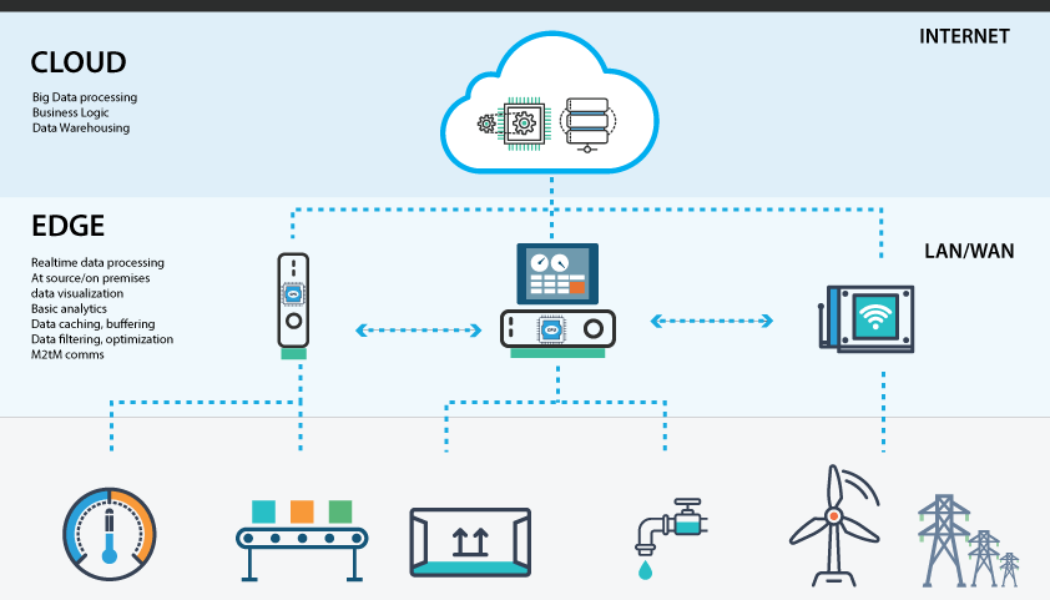cloud technology
Free Webinar Recording: Navigating Change in Africa with Oracle Cloud
We use cookies on our website to give you the most relevant experience by remembering your preferences and repeat visits. By clicking “Accept All”, you consent to the use of ALL the cookies. However, you may visit “Cookie Settings” to provide a controlled consent. You Deserve to Make Money Even When you are looking for Dates Online. So we reimagined what a dating should be. It begins with giving you back power. Get to meet Beautiful people, chat and make money in the process. Earn rewards by chatting, sharing photos, blogging and help give users back their fair share of Internet revenue.
EDGE Computing and What It Means for the Future of the Cloud
Sourced from ZDNet. /* custom css */ .tdi_4_bdd.td-a-rec-img{ text-align: left; }.tdi_4_bdd.td-a-rec-img img{ margin: 0 auto 0 0; } Edge computing is rightly being hailed as the cloud’s silver lining. It is a force multiplier that has triggered a step-change in the performance and scope of the abilities of distributed sensing, computing and action. In short, it brings significantly enhanced benefits to users. It is rare for a single emerging technology to have a truly disruptive impact by itself. Edge computing has emerged as such a key technology within a cluster that includes the cloud, the internet of things (IoT), sensors and smart devices, 5G and artificial intelligence, amongst others. Enter EDGE Computing /* custom css */ .tdi_3_bb3.td-a-rec-img{ text-align: left; }.tdi_3_bb3.td-a-r...
Hybrid Cloud Environments Provide Cheap Security for Financial Service Organisations
Sourced from ZDNet. Worldwide, financial services organisations are turning to the cloud as the means to transform outdated legacy systems and commit to disruptive technologies. The size of the public cloud market is expected to top $354 billion by the end of 2022, a significant jump from the less than $197 billion of 2018. But instead of going the all-or-nothing route, the hybrid cloud is positioned to provide companies with a more secure way of leveraging their data. Yunus Scheepers, CTO at SilverBridge, discusses these security benefits at a time when Microsoft Azure data centres in the country are attracting attention from financial services organisations as a safer alternative to what their current on-premise offerings can provide. A hybrid cloud environment also provides risk-averse ...
Cloud Tech Helps With The Transition into a New Normal
Sourced from PC Mag With companies needing to support remote working strategies and with a rise in demand for cloud-based business continuity tools and services during the COVID-19 pandemic, it is expected that the global cloud market size will grow from $233 billion in 2019 to reach $295 billion by 2021. The importance of the cloud can no longer be debated. Instead, the focus shifts to optimally integrating it into the business strategy to ensure business sustainability. The research suggests that companies are using cloud automation and increasing their online presence by developing e-commerce websites on cloud platforms to decrease the impact of COVID-19 on productivity and operational efficiency. Cloud-driven market /* custom css */ .tdi_3_eee.td-a-rec-img{ text-align: left; }.tdi_3_ee...











